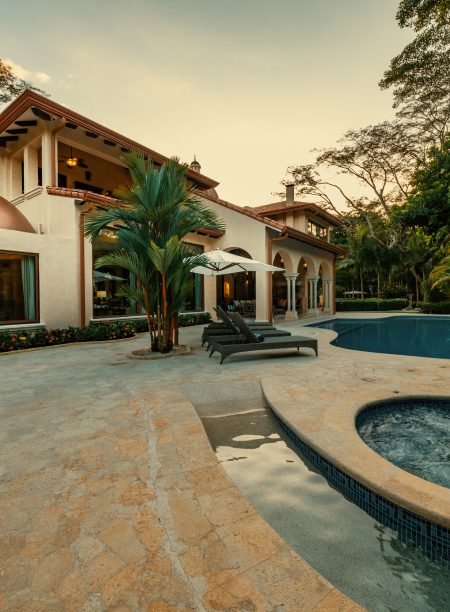Costa Rica’s Cocos Island, a UNESCO World Heritage Site located off the country’s Pacific coast, has become a model of innovation and leadership in marine conservation. At the heart of these efforts is the Cocos Marine Conservation Area Monitoring, Control, and Surveillance Center (MCCA), which is now drawing global attention for its groundbreaking work in combating Illegal, Unreported, and Unregulated (IUU) fishing.
Using satellite-powered platforms like Global Fishing Watch and Marine Manager, the center enables real-time monitoring of vessels navigating through or near the protected waters of Cocos Island—an area that plays a critical role in sustaining marine life across the eastern tropical Pacific.
Real-Time Tracking to Tackle Illegal Activity
Large marine regions, like those around Cocos Island, have historically been extremely difficult to safeguard because of their size, isolation, and lack of enforcement capabilities. Costa Rica is changing this narrative by using modern surveillance technologies.
Authorities at the MCCA can:
- Monitor the movement of the watercraft in real time.
- Recognize and report any unauthorized or questionable fishing activity.
- Send out early warnings and act fast to neutralize possible dangers.
- Improve the efficiency of patrol coordination throughout the large oceanic zone.
This improved surveillance not only improves the execution of Costa Rica’s marine rules but also acts as a barrier to vessels considering unlawful operations in protected waters.
A Biodiversity Hotspot Worth Protecting
As per Tico times, the waters surrounding Cocos Island support an extraordinary band of marine life, including several endangered species. The region is a corridor for whales, sea turtles, manta rays, and multiple species of sharks.
According to marine scientists, nearly 30% of all migratory marine species depend on marine protected areas (MPAs) like this one for survival during key stages of their life cycles.
Marine protected areas are critical to helping our ocean recover from human-caused harm, and for them to function, marine managers require data that allows them to monitor these regions and comprehend what is going on across vast, remote ocean spaces,” according to the Pew inquiry.
Marine Manager: Turning Data into Action
Marine Manager, a key digital tool at the MCCA, revolutionizes marine conservation by enabling teams to visualize vessel activity, analyze threats, and strategize effectively.
Jean Carlo Alvarado, MCCA Manager, highlights its ability to track illegal and suspicious vessels, aiding rapid decision-making to protect marine resources in Costa Rica, CMAR, and globally.
Beyond enforcement, the platform supports long-term planning by analyzing data on fishing pressure, migration patterns, and human activity, providing a scientific basis for policy and enforcement decisions, ensuring the safeguarding of marine biodiversity.
A Regional and Global Model
Costa Rica’s success in monitoring and enforcement is resonating beyond its borders. As part of the CMAR (Eastern Tropical Pacific Marine Corridor) initiative—an alliance that includes Ecuador, Colombia, and Panama—the country is helping to build a regional network of marine protections.
The Pew Charitable Trusts commended this approach, stating that Costa Rica is setting a global example of how technology and transparency can work together to protect one of Earth’s richest marine environments.
Challenges Ahead, But Momentum Grows
While Costa Rica has made impressive strides, illegal fishing remains a persistent threat across the Pacific and other parts of the world. Enforcement, even with advanced tools, requires sustained funding, trained personnel, and international coordination.
By combining advanced surveillance with regional collaboration and a commitment to ocean health, Costa Rica is helping lead the global effort to ensure that the world’s oceans remain rich, diverse, and resilient for generations to come.











